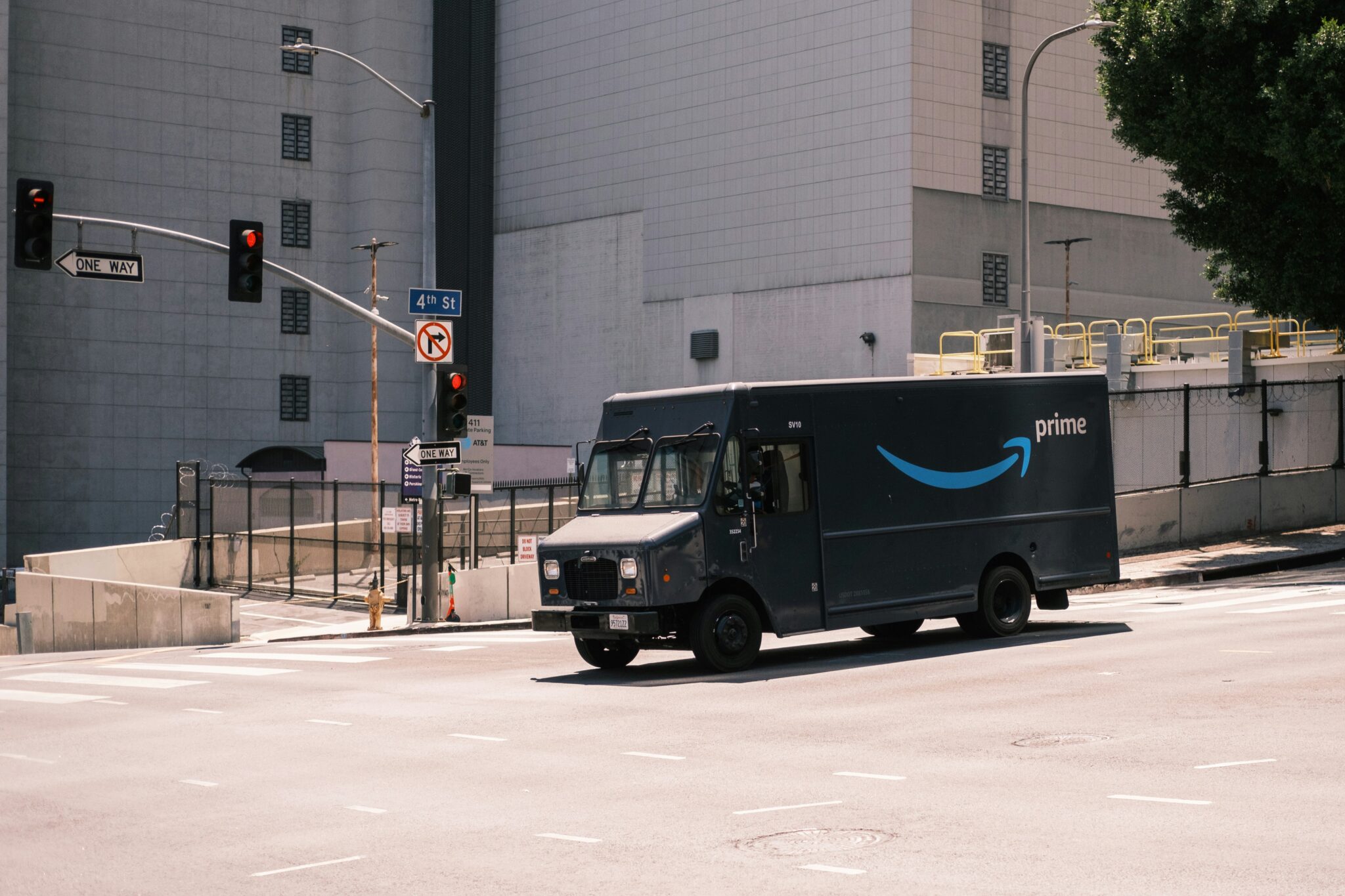
John Fry is a student at Harvard Law School.
Amazon is the latest major employer to respond to Unfair Labor Practice charges by claiming that the National Labor Relations Board is unconstitutional. The company is accused of unlawful discipline against pro-union workers at JFK8, a Staten Island warehouse where the Amazon Labor Union won a historic victory in April 2022. In response, Amazon not only denies the election result—which it has spent the last 22 months trying to overturn—but also joins corporations like SpaceX and Trader Joe’s in their efforts to dismantle the NLRB.
Amazon goes further than merely recycling other employers’ constitutional arguments—in a novel move, the company also says the charges against it “implicate the Major Questions Doctrine and associated principles of non-delegation.” The Supreme Court has been unclear about the exact meaning of the major questions doctrine, but it effectively requires Congress to speak clearly before agencies can decide questions of great economic or political significance.
Congress did exactly that in the National Labor Relations Act: Section 10(a) empowers the NLRB to “prevent any person from engaging in any unfair labor practice” and declares that the NLRB’s “power shall not be affected by any other means of adjustment or prevention.” For this reason, the Court has consistently upheld the NLRB’s authority to interpret and enforce the NLRA since 1938.
But recent cases suggest that Amazon’s tactic isn’t so far-fetched after all. When the Supreme Court barred the Secretary of Education from cancelling student loan debt last year, Justice Kagan accused her colleagues of “[moving] the goalposts for triggering the major-questions doctrine.” In a prescient dissent, she speculated that the ill-defined doctrine could be used to prevent any agency from doing its job: “Who knows—by next year, the Secretary of Health and Human Services may be found unable to implement the Medicare program.” Five months later, the Fifth Circuit invoked the major questions doctrine to overrule the NLRB’s decision about union t-shirts.
If the major questions doctrine is simply a tool of deregulation, then Amazon’s attack might succeed. The company’s allusion to “principles of non-delegation” is crucial. The non-delegation doctrine has not been used to invalidate a federal law since 1935. But Justice Gorsuch has argued for its revival, hinting that the major questions doctrine is actually non-delegation in disguise. Even if the NLRB rules against Amazon, the company can appeal to circuit court. And with the Fifth Circuit eager to dismantle the administrative state, Amazon may like its chances.








Daily News & Commentary
Start your day with our roundup of the latest labor developments. See all
July 14
More circuits weigh in on two-step certification; Uber challengers Seattle deactivation ordinance.
July 13
APWU and USPS ratify a new contract, ICE barred from racial profiling in Los Angeles, and the fight continues over the dismantling of NIOSH
July 11
Regional director orders election without Board quorum; 9th Circuit pauses injunction on Executive Order; Driverless car legislation in Massachusetts
July 10
Wisconsin Supreme Court holds UW Health nurses are not covered by Wisconsin’s Labor Peace Act; a district judge denies the request to stay an injunction pending appeal; the NFLPA appeals an arbitration decision.
July 9
the Supreme Court allows Trump to proceed with mass firings; Secretary of Agriculture suggests Medicaid recipients replace deported migrant farmworkers; DHS ends TPS for Nicaragua and Honduras
July 8
In today’s news and commentary, Apple wins at the Fifth Circuit against the NLRB, Florida enacts a noncompete-friendly law, and complications with the No Tax on Tips in the Big Beautiful Bill. Apple won an appeal overturning a National Labor Relations Board (NLRB) decision that the company violated labor law by coercively questioning an employee […]